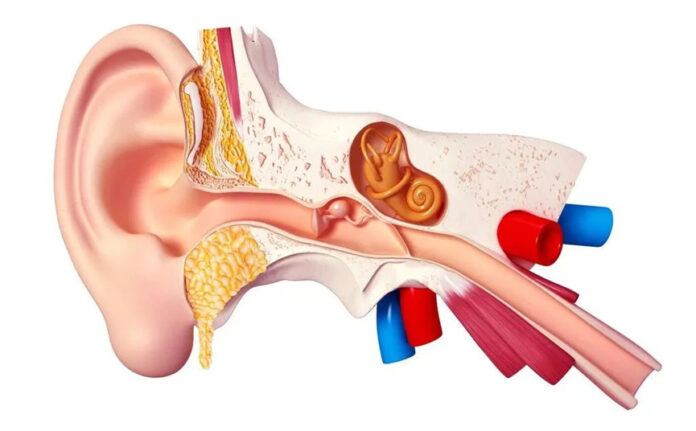Many have experienced this peculiar phenomenon: they feel perfectly fine in everyday life, but as soon as they get into a ride-sharing car, they start feeling nauseous. Symptoms like dizziness, nausea, shortness of breath, and even more severe reactions like vomiting can suddenly occur. It’s enough to make one wish they were driving instead of the actual driver.
Interestingly, it’s not due to the driver’s skills. So, what’s the reason behind this? Let’s delve in.
What Causes Motion Sickness?
Termed as “motion sickness”, it’s a series of uncomfortable reactions people exhibit when exposed to a stimulating moving environment. This can be while traveling by car, boat, or airplane and symptoms include dizziness, fatigue, cold sweats, stomach discomfort, excessive panting, and even nausea.
The most widely accepted theory for its cause is the “sensory conflict hypothesis”. It suggests that motion sickness arises when there’s a discrepancy between the motion perceived visually and the motion sensed by the inner ear. In simple terms, the eyes and ears play a significant role.
Our eyes perceive movement by observing environmental changes. On the other hand, our ears house an intricate system known as the vestibular system that senses balance and spatial orientation. Under normal conditions, the information from both the eyes and the vestibular system should align. However, when in a moving vehicle, the eyes see a relatively stable environment, while the ears sense all the bumps and changes in direction.
This inconsistency between the two is captured humorously as:
Ears: “We’re moving!” Eyes: “No, we aren’t.”
Such conflicting reports confuse the brain, causing the sensation of dizziness. This is why many people don’t get motion sickness when they are driving. The act of driving gives the brain consistent signals that the body is in motion.
Why Electric Cars Can Cause More Motion Sickness than Traditional Cars
Indeed, many feel that ride-sharing services tend to induce more motion sickness. This isn’t a psychological effect. The widespread use of electric vehicles in such services heightens the chances of motion sickness. When autonomous driving is involved, the probability of motion sickness is found to increase by 17.24%.
The reason? Electric vehicles (EVs) are masters at inducing the illusion of “I’m not moving.” When compared to traditional gasoline-powered vehicles, EVs have distinct power performance and energy recovery systems. Gasoline cars have a gradual torque rise, giving passengers some reaction time. In contrast, electric cars can accelerate much faster, and many use kinetic energy recovery systems during braking to conserve energy. These sudden movements can intensify the sense of motion sickness.
Furthermore, the quiet operation of electric cars compared to the roaring of gasoline engines reduces vibrational feedback to passengers. This serenity means passengers can’t predict when the car is about to start or accelerate, amplifying the feeling of dizziness.
Tips to Alleviate Motion Sickness
While the quickest solution might be to stop and get out of the vehicle, here are some practical remedies for those prone to motion sickness:
- Swing on a Swing: It helps build tolerance and enhances spatial orientation.
- Ventilate: If you feel suffocated, open the window for fresh air. Avoid strong fragrances inside the car.
- Use Motion Sickness Patches: Apply these patches half an hour before the trip. They can relieve symptoms for up to 6 hours.
- Carry Fresh Orange Peel: Sniffing it can provide relief during bouts of nausea.
- Sit in the Front: The rear seat offers a more limited view, making motion sickness more probable.
- Distract Yourself: Listening to music, chatting, or sleeping can divert your attention. However, avoid looking at your phone or reading.
And remember, don’t use your phone – it’s so vital it’s worth mentioning three times!
